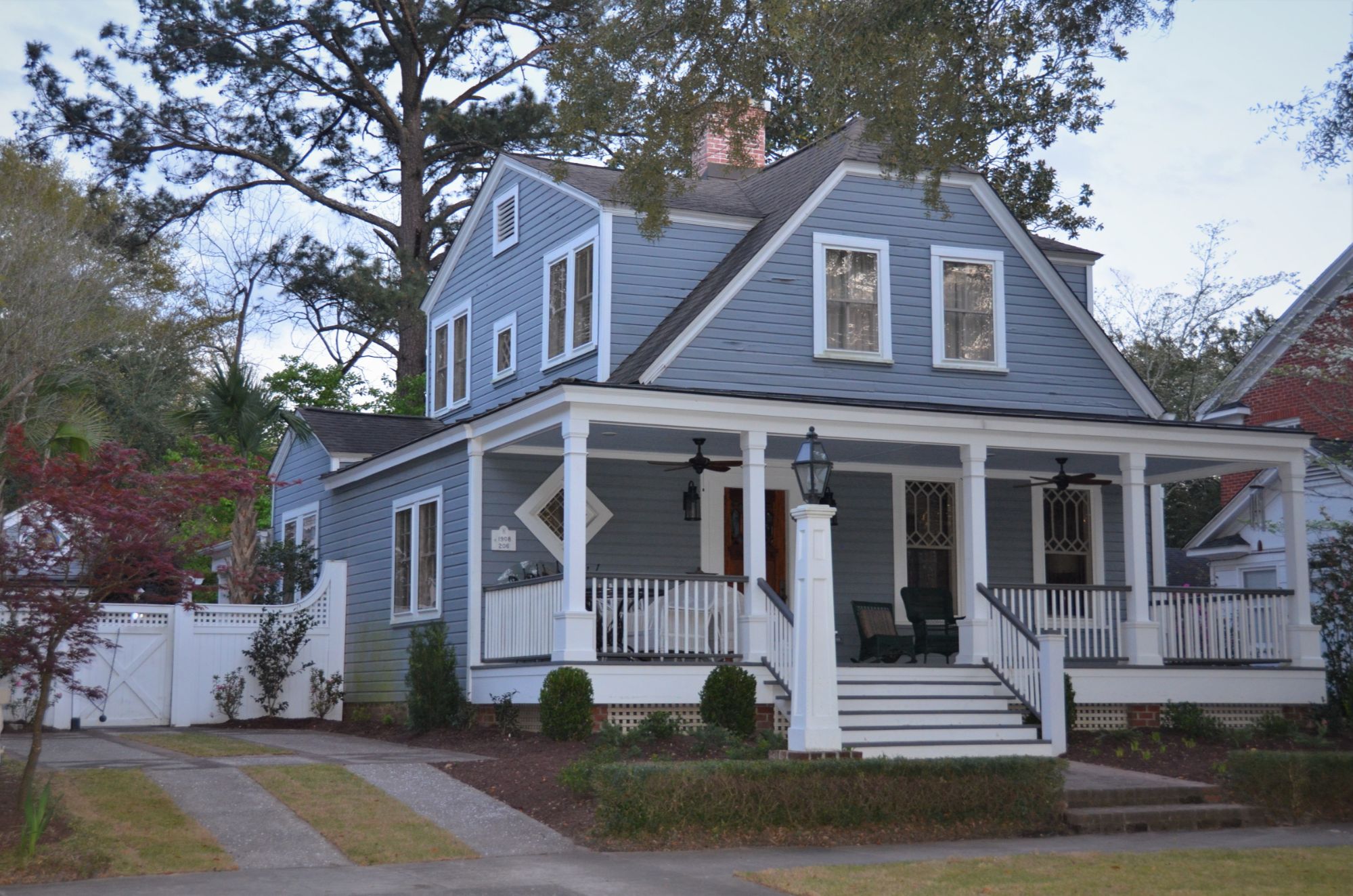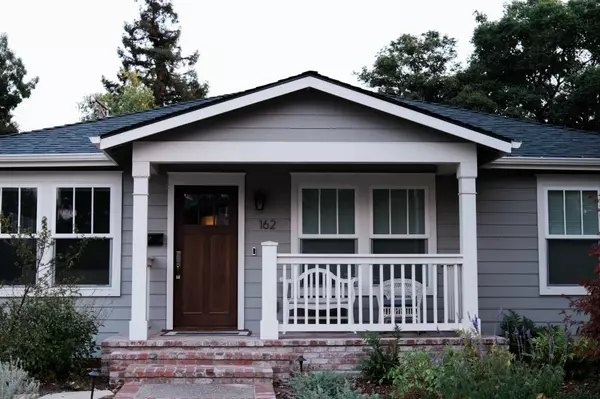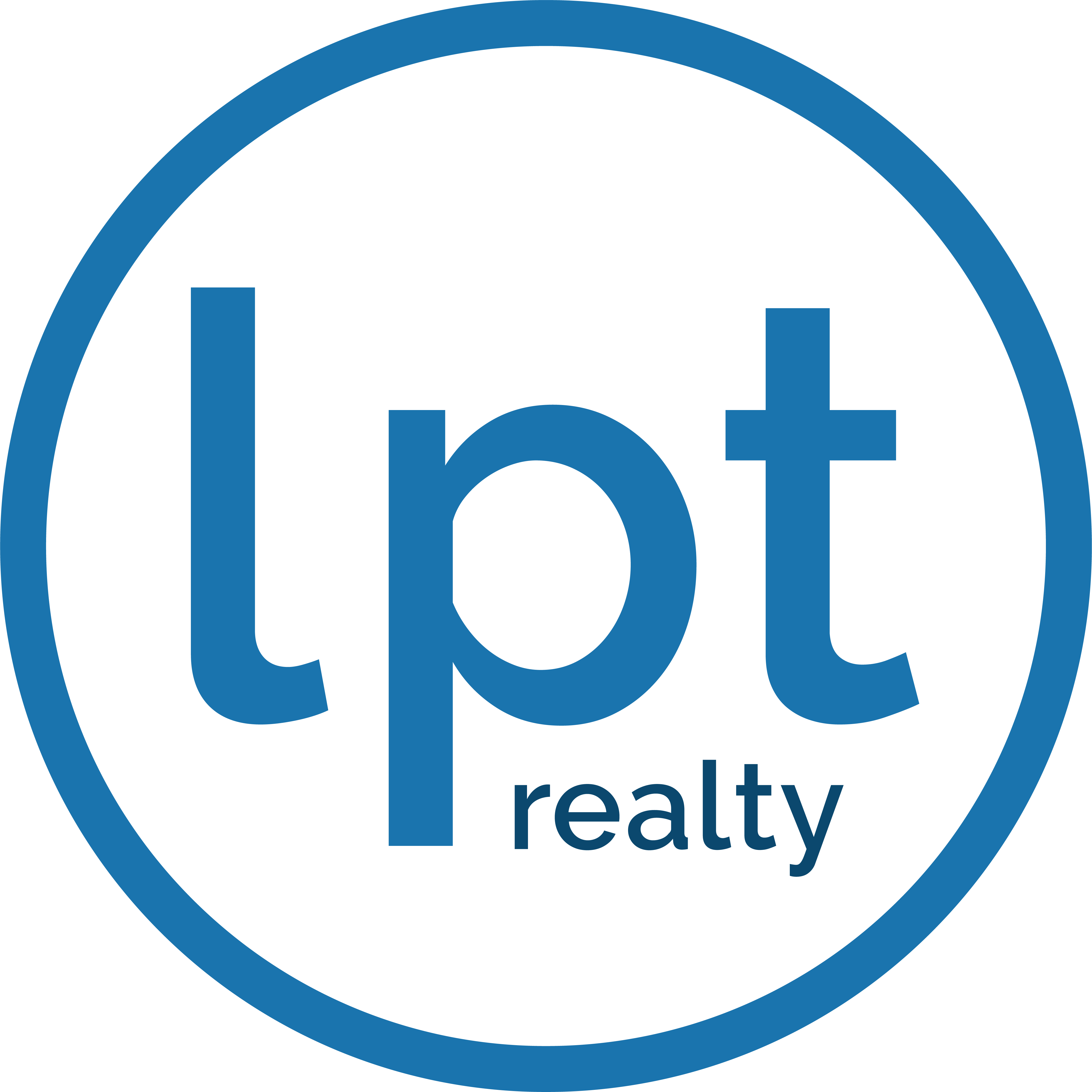Which types of Conventional Loans exist?


Conventional loans are a popular choice for homebuyers and sellers alike. These loans are not insured or guaranteed by a government agency, such as the Federal Housing Administration (FHA) or the Department of Veterans Affairs (VA). Instead, they are offered by private lenders, such as banks and mortgage companies. If you are considering buying or selling a home, it is important to understand the various types of conventional loans available to you.
One of the most common types of conventional loans is a fixed-rate mortgage. With this type of loan, the interest rate remains constant throughout the life of the loan. This provides stability and predictability for homeowners, as their monthly mortgage payments will not change. Fixed-rate mortgages are an excellent option for buyers who plan to stay in their homes for a long time or prefer the peace of mind that comes with a consistent payment.
Another type of conventional loan is an adjustable-rate mortgage (ARM). Unlike a fixed-rate mortgage, the interest rate on an ARM can fluctuate over time. Typically, ARMs offer a fixed interest rate for an initial period, typically 5, 7, or 10 years, and then adjust annually based on market conditions. While ARMs generally start with a lower interest rate compared to fixed-rate mortgages, they can increase significantly after the initial fixed period. ARMs are suitable for buyers who plan to sell or refinance their homes before the initial fixed period ends.
Conventional loans also offer jumbo mortgages for buyers looking to purchase high-value properties. Jumbo loans exceed the loan limits set by the Federal Housing Finance Agency (FHFA) for conventional loans. These limits depend on the location of the property and are subject to change annually. Jumbo loans often have stricter qualification requirements, including higher credit scores and larger down payments, as they represent a higher risk for lenders. However, they allow buyers to finance their dream homes in high-cost areas where home prices are above the loan limits.
Additionally, conventional loans can be either conforming or non-conforming. Conforming loans meet the guidelines set by Fannie Mae and Freddie Mac, two government-sponsored enterprises that buy mortgages from lenders. These loans typically have lower interest rates and more favorable terms. Non-conforming loans, on the other hand, do not meet these guidelines and are often referred to as jumbo loans. Non-conforming loans have higher interest rates and less flexibility in terms of qualification criteria.
For sellers, it is crucial to understand the types of conventional loans available to potential buyers. This knowledge can help sellers evaluate offers and negotiate terms that work best for their specific situation. By being aware of the different loan options, sellers can better assess buyers' financial capabilities and make informed decisions during the negotiation process.
In conclusion, conventional loans offer a variety of options for both buyers and sellers in the real estate market. Fixed-rate mortgages provide stability, while adjustable-rate mortgages offer initial lower interest rates. Jumbo loans cater to buyers seeking high-value properties, and conforming loans adhere to government guidelines and provide more favorable terms. Understanding these loan types can help buyers choose the financing option that suits their needs and enable sellers to make informed decisions during the selling process. Let's connect at www.jameswhooker.com.
Categories
Recent Posts











"Molly's job is to find and attract mastery-based agents to the office, protect the culture, and make sure everyone is happy! "
